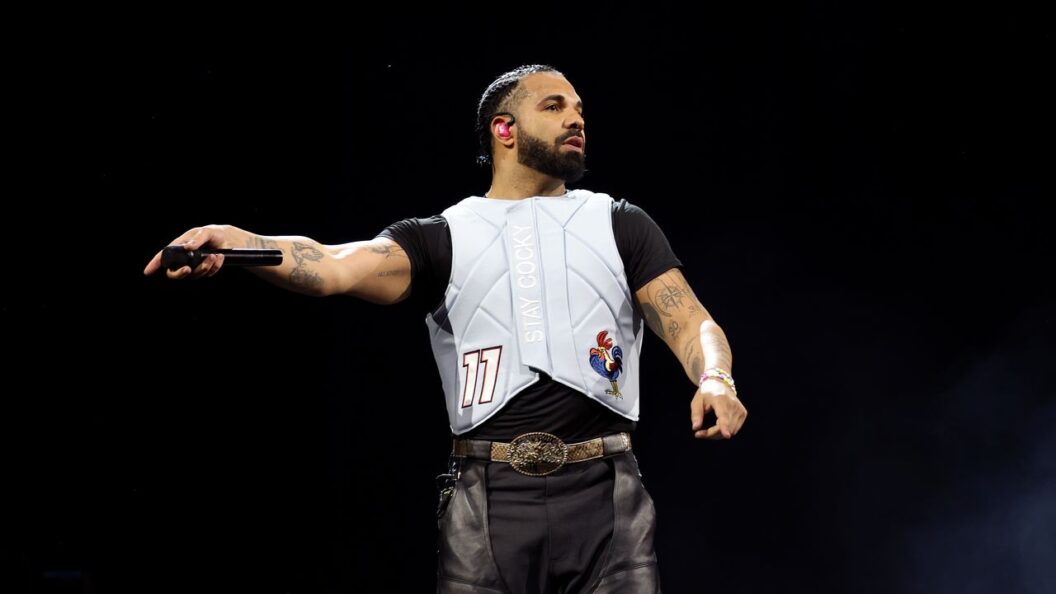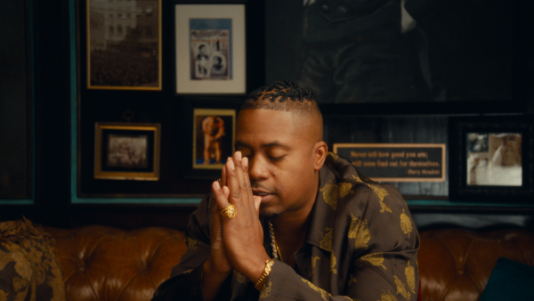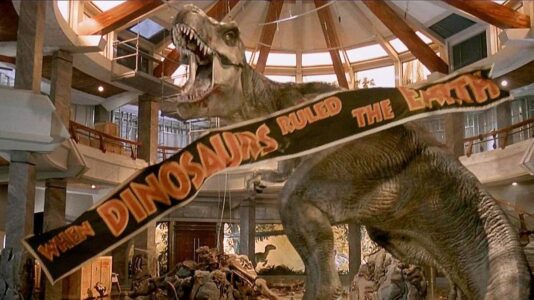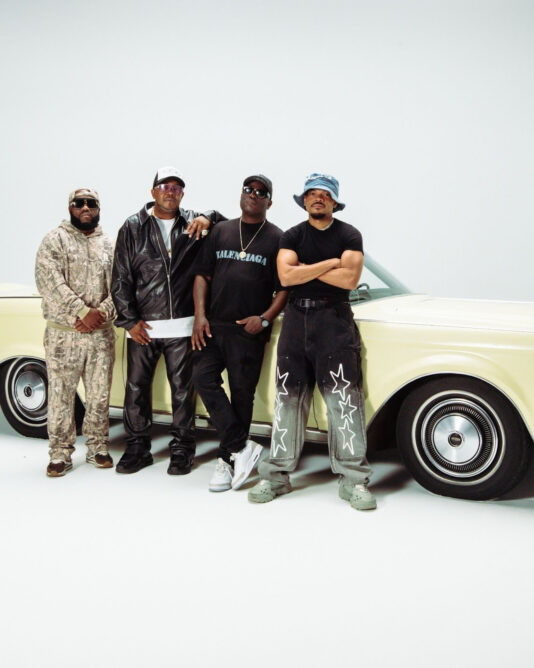Drake’s Lawsuit Against Universal Music Group Dismissed: A Closer Look
In a significant legal development in the music industry, Drake’s federal lawsuit against Universal Music Group (UMG) has been dismissed by a federal judge, marking the end of a contentious dispute over promotional practices related to Kendrick Lamar’s diss track, "Not Like Us." The ruling, issued on October 9 by Judge Jeannette A. Vargas, concluded that the song’s lyrics constitute opinion rather than defamatory statements.
Background on the Lawsuit
Drake initiated the lawsuit following the release of Lamar’s track, claiming that it included serious allegations against him, including accusations of pedophilia. He argued that these claims contributed to serious personal repercussions, including attempted break-ins at his Toronto residence and a security incident involving a shot security guard. The single’s artwork, which features an aerial view of Drake’s mansion overlaid with markers indicating sex offenders, played a key role in the lawsuit.
Judge Vargas pointed out that the visual elements of the artwork were clearly “exaggerated and doctored.” She concluded that no reasonable listener would interpret the image to mean that law enforcement had designated numerous individuals near Drake’s home as sex offenders. In her decision, she emphasized the context of the song as part of a “heated rap battle”, suggesting that listeners are aware that the genre often involves “incendiary language and offensive accusations.”
Judge’s Ruling and Its Implications
In her ruling, Judge Vargas highlighted the nature of creative expression in hip-hop. She stated, “Although the accusation that Plaintiff is a pedophile is certainly a serious one, the broader context… would not incline the reasonable listener to believe that ‘Not Like Us’ imparts verifiable facts about Plaintiff.” This ruling not only dismisses Drake’s claims but also reinforces the artistic license often utilized in music, particularly in genres characterized by rivalry and bravado.
Drake’s legal team swiftly responded to the dismissal, declaring their intent to appeal the ruling. They expressed confidence in the case’s potential for review at higher judicial levels.
Universal Music Group’s Response
Following the ruling, UMG released a statement asserting that the lawsuit was unfounded and detrimental to artists’ freedom of expression. They stated, “From the outset, this suit was an affront to all artists and their creative expression and never should have seen the light of day.” The label expressed satisfaction with the court’s decision and reiterated their commitment to promoting Drake’s music and supporting his career.
Conclusion: The Significance of the Case
This dismissal arrives amid a broader conversation regarding artistic expression and the boundaries of creativity within the music industry. The implications of this case extend beyond Drake and UMG, touching on the legal protections afforded to artists who engage in adversarial creative exchanges. As the case potentially heads to appeals, it may serve as a pivotal reference point for future disputes surrounding defamation and artistic expression in popular music.
The outcome of this lawsuit could influence how artists approach diss tracks and lyrics, balancing personal expression with the legal risks associated with controversial content. As the industry watches intently, the case underscores the ongoing tension between creative freedom and accountability in the music world.
For those interested in hearing Kendrick Lamar’s track, referenced in this ongoing legal debate, it is available through various streaming platforms.









